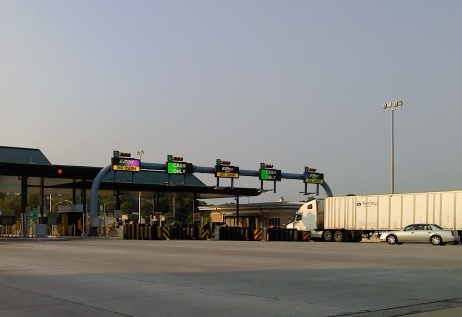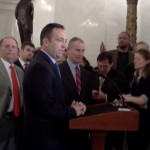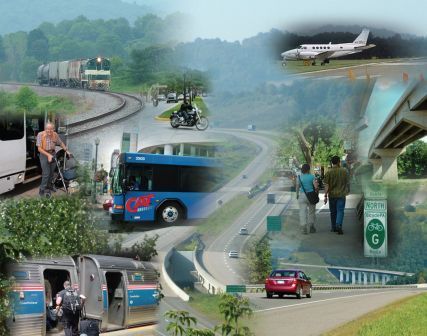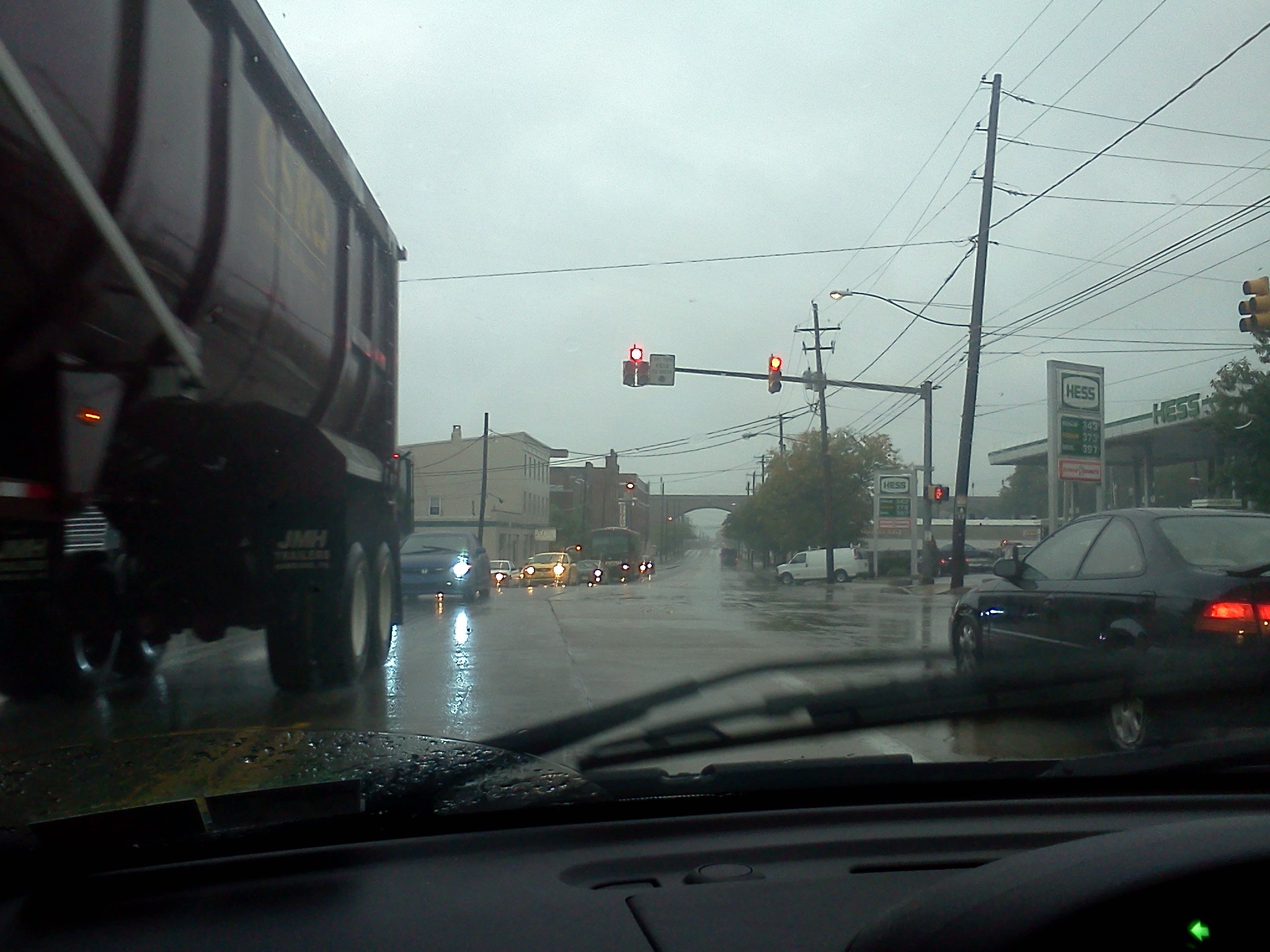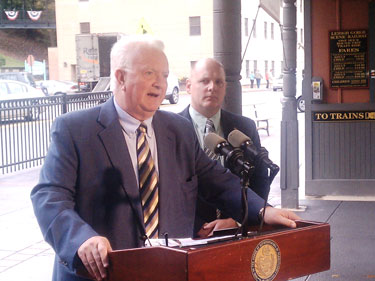Lawmaker Calls on Turnpike Officials to Resign
The Pennsylvania Turnpike Commission is sitting on $7.3-billion dollars in long-term debt, according to Auditor General Jack Wagner, and state Rep. Peter Daley (D-Washington/Fayette) is calling on two top Turnpike officials to resign.
In a letter sent to the Turnpike Commission, governor’s office and every member of the state House, Daley said it’s time for Turnpike CEO Roger Nutt and COO Craig Shuey to go. “They have been trying to play this shell game long enough,” Daley said in an interview with WJPA-FM.
The rise in Turnpike debt can be attributed to a 2007 transportation funding plan known as Act 44. The law, which Daley voted for, called for the tolling of Interstate 80. While Pennsylvania never received approval for I-80 tolls, Act 44 still calls on the Turnpike Commission to make annual payments of $450-million dollars a year to PennDOT.
Daley’s letter acknowledges that Act 44 has added to the Turnpike’s woes, but he still believes that a lack of leadership is to blame, saying the Turnpike needs to put expensive new capital projects on hold.
While a Turnpike Commission spokesman declined to comment on Daley’s letter, he did provide us with a statement from Roger Nutt regarding their debt obligations. It reads: “I reassure you, there is no looming financial crisis at the Turnpike Commission; we continue to receive favorable bond ratings, and we fully intend to meet all funding obligations to PennDOT – as we’ve done for the past five years.”
Daley says a House committee is expected to take a closer look at the Turnpike debt situation in the weeks ahead. “We’re going to be asking that a special committee be set up to oversee what’s going on in the Turnpike Commission and to render a report back to the legislature”


